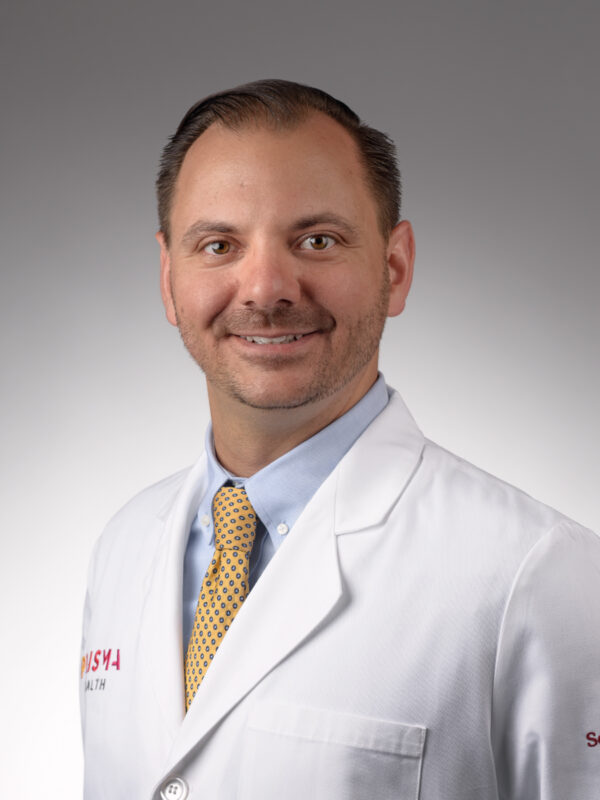Can a blood clot cause a heart attack?
Blood clots are helpful when they stop the body from bleeding due to a cut or injury. Clots that form for other reasons, though, can lead to significant health problems, including strokes. But can a blood clot cause a heart attack? Cardiologist Michael Cryer, MD, answered this question and explained how it happens.
“Blood clots can cause heart attacks in two ways, really,” Dr. Cryer said.
Atherosclerosis
A buildup of plaque in the coronary arteries (a process known as atherosclerosis) can lead to a blockage, called an occlusion. This blockage prevents the heart from receiving oxygen-rich blood and results in a heart attack.
“What often happens is, an area of plaque ruptures, kind of pops like a pimple, and that rupturing allows a clot to start forming and that will lead to the blockage in the artery,” Dr. Cryer said. “Sometimes, the plaque itself erodes a little bit and that can cause the clot to form as well.”
When this type of clot occurs, there is a sudden onset of symptoms, including chest pain or a feeling of tightness in your chest, nausea and shortness of breath. “The heart attacks we see portrayed in movies would be that sort of situation,” Dr. Cryer said.
Cardiac embolism
Another way a clot can cause a heart attack is through a process called embolization. There is a little appendage on the side of the heart that is at risk for developing clots if you have atrial fibrillation. AFib is a common type of irregular heartbeat. Sometimes that clot will break free and block an artery, causing a heart attack. A cardiac embolism that travels to the brain can cause a stroke.
The signs of AFib can be subtle – maybe you just feel off – or there can be no symptoms at all.
What can you do to protect your heart?
Know your risk for heart disease. One way to do this is to have regular checkups with a primary care doctor so you know your numbers, including cholesterol, blood pressure and blood sugar. Also, talk to your relatives about your family’s health history. Knowing your history can help your doctor recognize problems early.
Making some simple lifestyle changes can also prevent heart disease. This includes:
- Eating a healthy diet
- Being physically active
- Watching your weight
- Not smoking
- Managing chronic conditions
Dr. Cryer said it’s also important to listen to your body. “Don’t ignore your symptoms. Come in and get evaluated to make sure something isn’t happening. An EKG is simple. It can be done in five minutes, and most of the time it gives us the answer we need.”
Find a cardiologist you trust
We make it easier to get the care your heart needs, with cardiologists located near you.
Learn More

